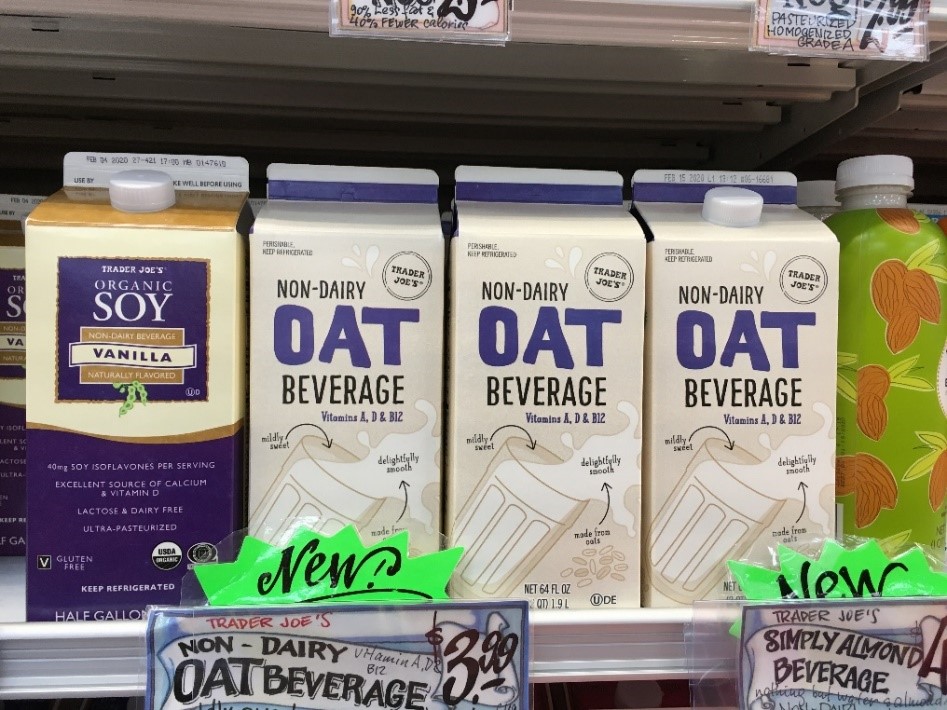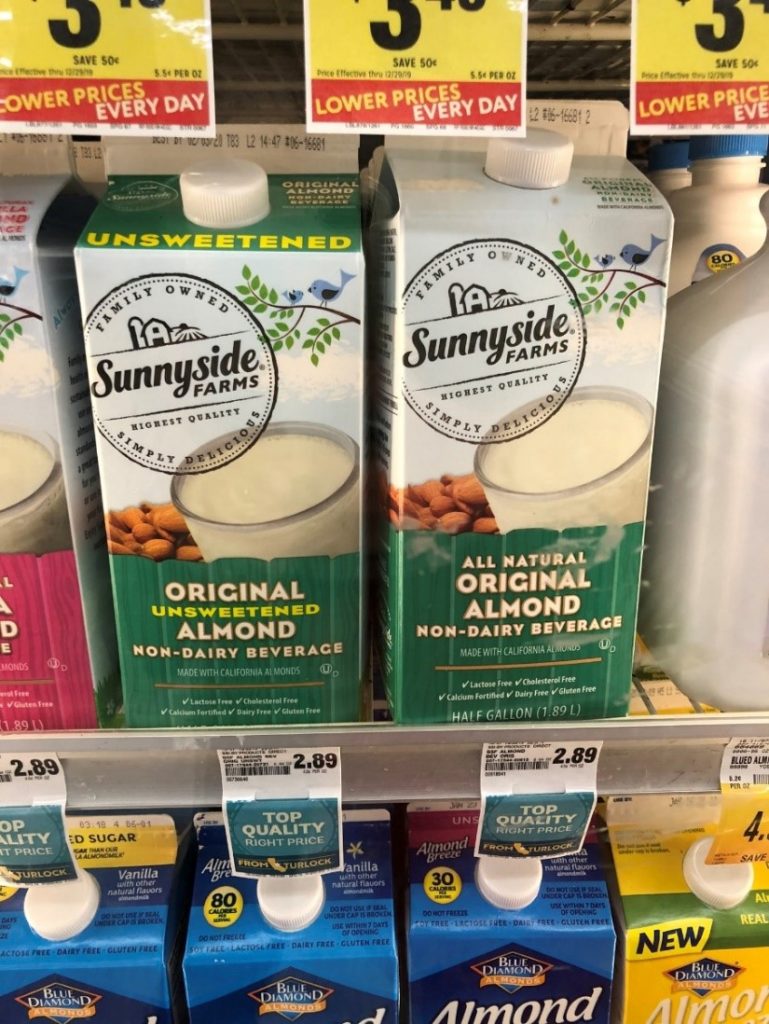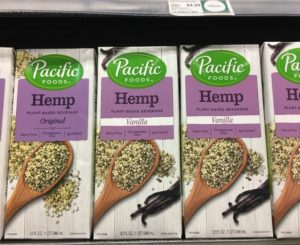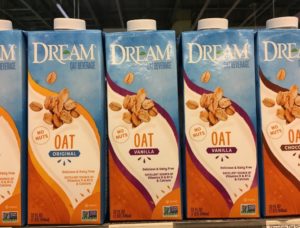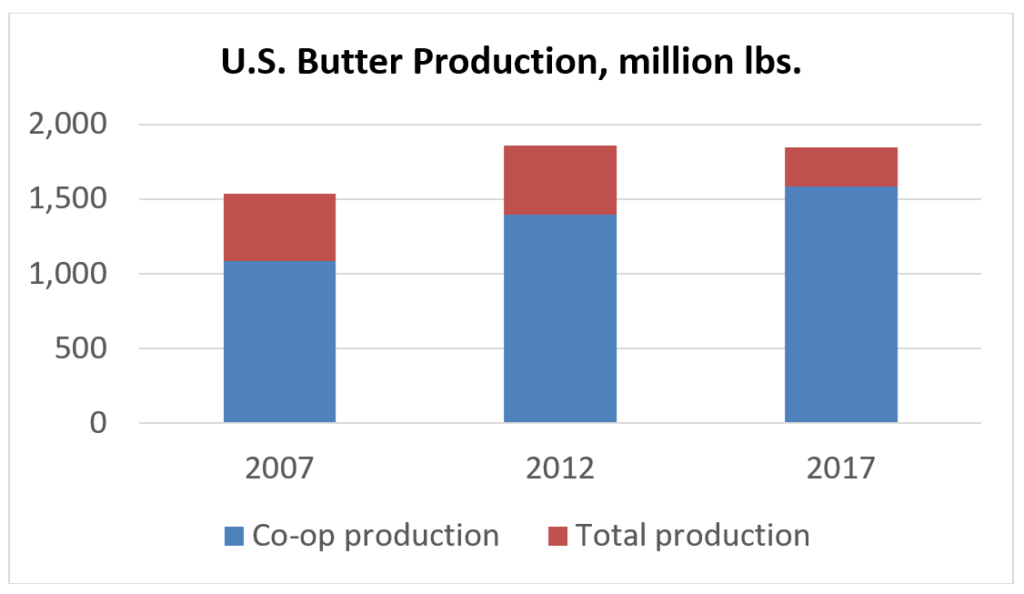ARLINGTON, VA – The National Dairy Farmers Assuring Responsible Management (FARM) Program, the dairy industry’s on-farm quality assurance program, today released a proposed Workforce Development evaluation tool for input from industry stakeholders.
FARM Workforce Development (WFD) is the FARM Program’s newest initiative. It focuses on human resources and safety management and has brought together stakeholders from the entire dairy value chain to create educational materials for U.S. dairy owners and managers.
FARM WFD is developing an on-farm evaluation tool that FARM Participants can choose to implement with their dairy producers. The tool is meant to help farms:
- learn about HR and safety management best practices;
- identify which best practices will be most useful to implement on their farm; and
- track improvement over time.
Also, by performing on-farm evaluations, FARM Participants can provide important assurances to supply chain customers: our dairy buyers and retailers.
The evaluation tool was developed in consultation with the FARM WFD Task Force and Working Group members, along with subject matter expert input.
FARM is also getting direct feedback from dairy producers through a pilot program that runs through the end this year. Nine cooperatives have volunteered to test the evaluation tool to solicit feedback. About 60 dairy producers are participating from across the cooperatives. Public Comment will complement the pilot.
After the comment period closes on Jan 20, FARM staff, the WFD Task Force and the NMPF Executive Committee will review and consider revisions based upon the comments, then present a final proposed evaluation tool for approval by the NMPF Board of Directors in March. The FARM Program encourages all those involved in the dairy supply chain to participate. To review the draft evaluation tool and provide feedback, please visit this link.
###
The National Milk Producers Federation, based in Arlington, VA, develops and carries out policies that advance dairy producers and the cooperatives they own. NMPF’s member cooperatives produce more than two-thirds of U.S. milk, making NMPF dairy’s voice on Capitol Hill and with government agencies. For more, visit www.nmpf.org.
Created by the National Milk Producers Federation in partnership with Dairy Management Inc, the National Dairy FARM (Farmers Assuring Responsible Management) works with all U.S. dairy farmers, co-ops and processors, to demonstrate to dairy customers and consumers that the dairy industry is taking the very best care of cows and the environment, producing safe, wholesome milk and adhering to the highest standards of workforce development.

